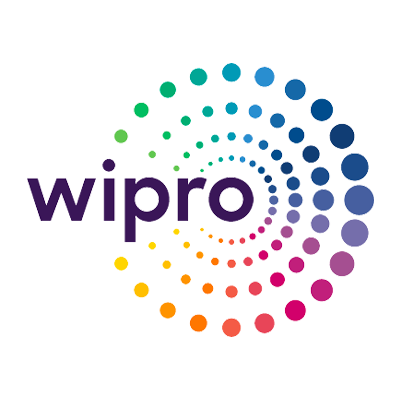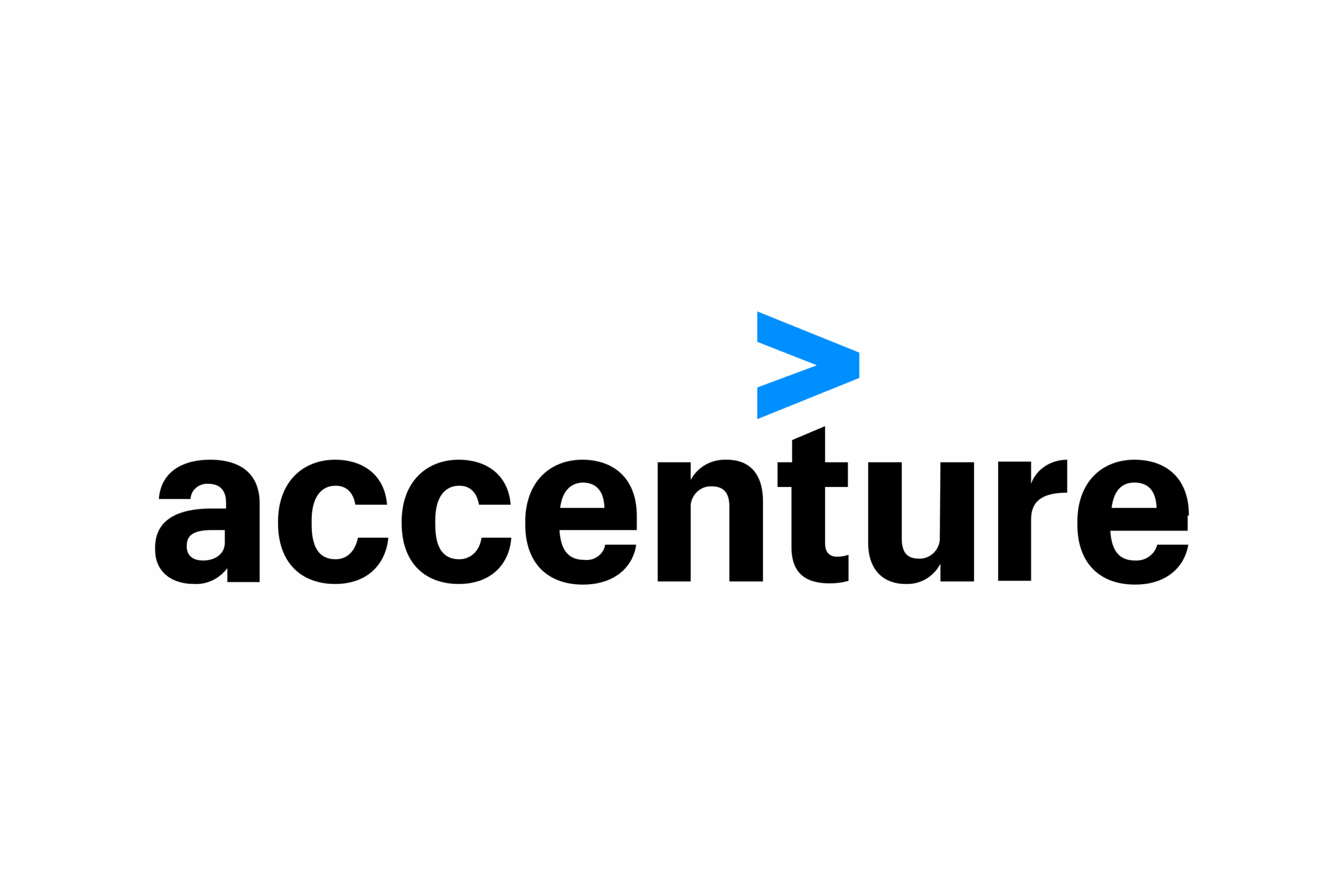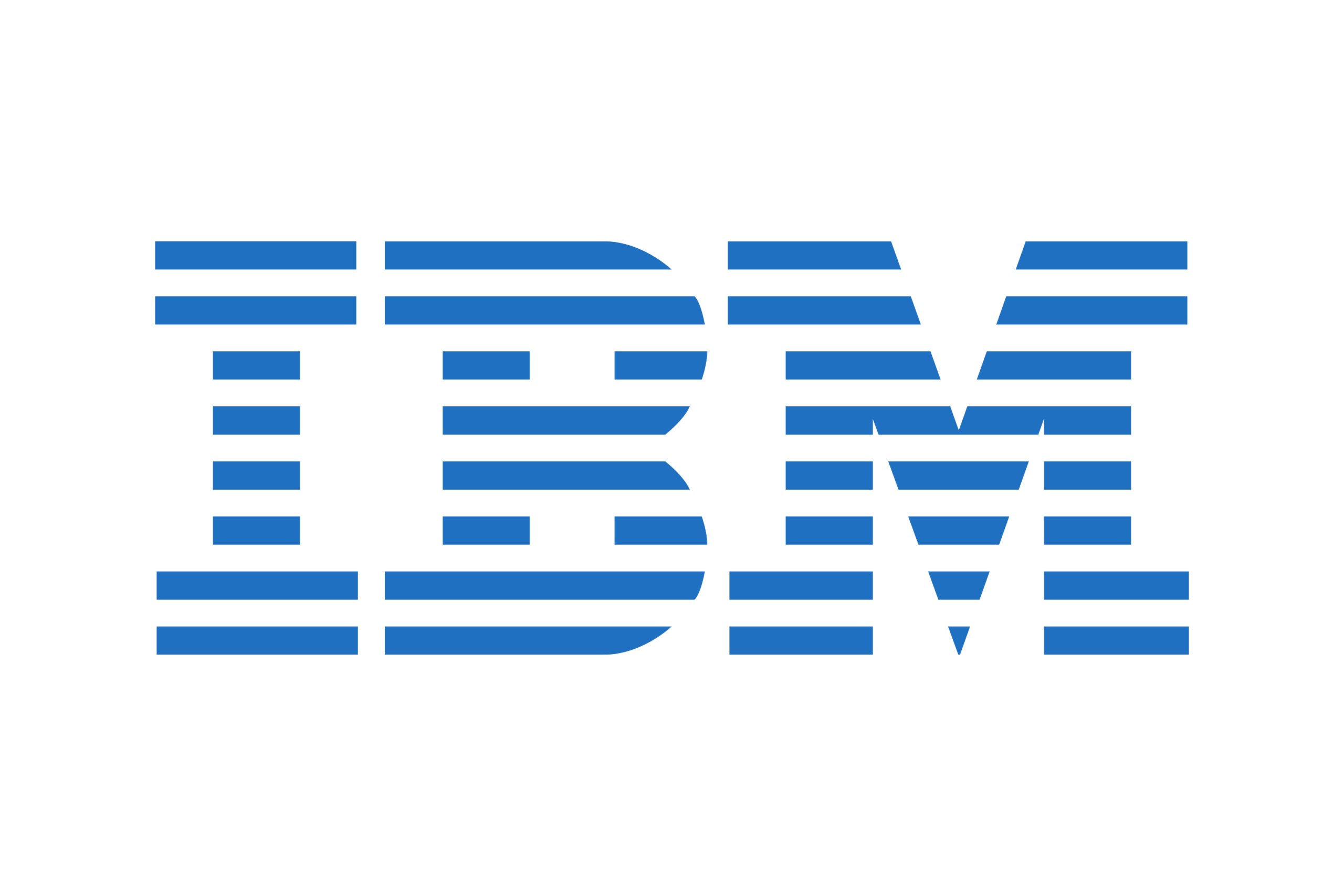Big Data & Hadoop
Apply Now
🔥 Trending
Course Mode
Offline
Duration
1-3 months for certification courses), with some post-graduate diploma options being longer.
Eligibility
There are no strict academic prerequisites. However, a strong background in IT, especially with knowledge of Core Java, Linux, and basic SQL, is a major advantage. Graduates from B.Tech (CSE/IT), MCA, or those with a similar technical background are best suited for these courses.
Entrance Exam
There are no entrance exams for these certification courses. Admission is usually direct. However, to get a professional certification from a recognized vendor like Cloudera, you must pass a specific exam after completing the training.
Type of Course
UG
Course Summary
A course on Big Data & Hadoop provides specialized training on the Apache Hadoop framework, a foundational technology for storing and processing massive datasets, which are too large or complex for traditional database systems. The curriculum dives deep into the core components of the Hadoop ecosystem, including Hadoop Distributed File System (HDFS) for data storage, MapReduce for parallel processing, and YARN for cluster resource management. It also typically covers other related tools like Hive, Pig, and HBase. This training is crucial for IT professionals and new graduates who want to enter the high-demand field of Big Data. It’s an essential skill for anyone aiming to become a Big Data Engineer or Data Scientist.
📅 Upcoming Admission Deadlines
- big-data-hadoop with 50% scholarship August 28, 2026
Top Recruiters

TCS

Wipro
Infosys

Accenture

IBM

Amazon
Career Scope
Software Developer
College-wise Fees
Frequently Asked Questions
A1: Big Data refers to extremely large and complex data sets that traditional software can't manage. It's important because these datasets hold valuable insights, enabling better decision-making in industries like healthcare and finance, and helping to solve complex business challenges through advanced analysis.
A2: Hadoop is an open-source software framework that provides a foundation for distributed storage and processing of large datasets. Its main components are HDFS (Hadoop Distributed File System) for storing data across many machines, YARN (Yet Another Resource Negotiator) for managing cluster resources, and MapReduce, a processing model for parallel data manipulation.
A3: Hadoop offers significant advantages including scalability, allowing easy expansion by adding more nodes to the cluster. It provides fault tolerance by replicating data across nodes, preventing data loss from single failures. Additionally, it's cost-effective as it runs on inexpensive, commodity hardware, making it an affordable solution for handling big data.